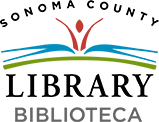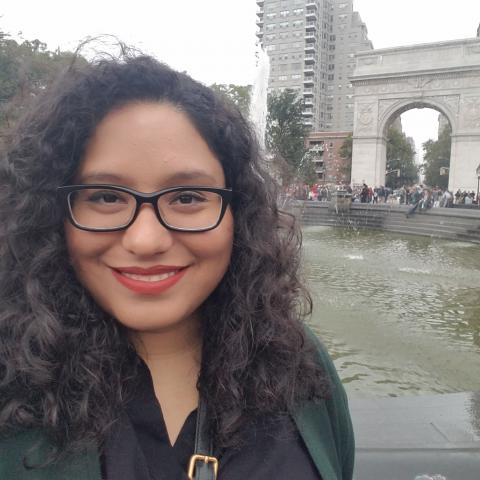Zayda Delgado, Special Collections Librarian and Archivist at the Sonoma County History and Genealogy Library, will be one of 15 fellows to join the Andrew W. Mellon Fellowship for Diversity, Inclusion & Cultural Heritage from the Rare Book School (RBS) at the University of Virginia. Delgado will participate in a three-year program which includes orientation, Rare Book School coursework, community symposia, and other activities relating to multicultural collections and trainings. The fellowship program seeks to enhance understandings of multicultural collections among professionals, local community members, and the broader public.
The program kicked off virtually in April 2021, and Delgado looks forward to traveling to Virginia for Rare Book School in 2022 and 2023 as a fellow.
“I’m thrilled to be part of this cohort. Archives and special collections play a vital role in building a more representative historical record,” Delgado said. “This opportunity will deepen my ability to design programing and services that explore the histories and legacies of our multicultural communities.”
In her work at the Sonoma County History and Genealogy Library, Delgado preserves and amplifies the histories of our communities, including Latinx and LGBTQ+ communities. She applies community engaged approaches to relationship building, collection development, and programming. Among her notable projects are Sonoma Responds: A Community Memory Archive and Santa Rosa Zine Fest. Delgado holds a Masters in Library and Information Science with a concentration in archival studies and public librarianship from San Jose State University and a Bachelor of Arts in History from California State University, Fullerton.
Danielle Culpepper, RBS Director of Budget & Finance and one of the authors of the initiative, said in a press release that fellows will participate in virtual workshops, conferences, and Rare Book School courses this year.
“We look forward to gathering together with the fellows in person next year but are very excited to have the opportunity to bring all of the participants together virtually to engage in the important work of the fellowship in the current moment,” Culpepper said.
The 15 fellows were chosen from a competitive field of applicants by a selection committee of leading cultural heritage professionals. The selected fellows work closely with a broad spectrum of multicultural collections and communities. The fellowship aims to develop skills for documenting and interpreting visual and textual materials in special collections and archives; raise awareness within professional communities about the significance of inclusive, multicultural collections; build connections with diverse communities and publics; and advance careers by establishing new pathways and skills for professional growth.



